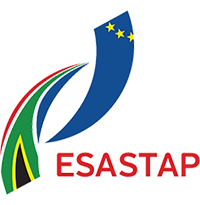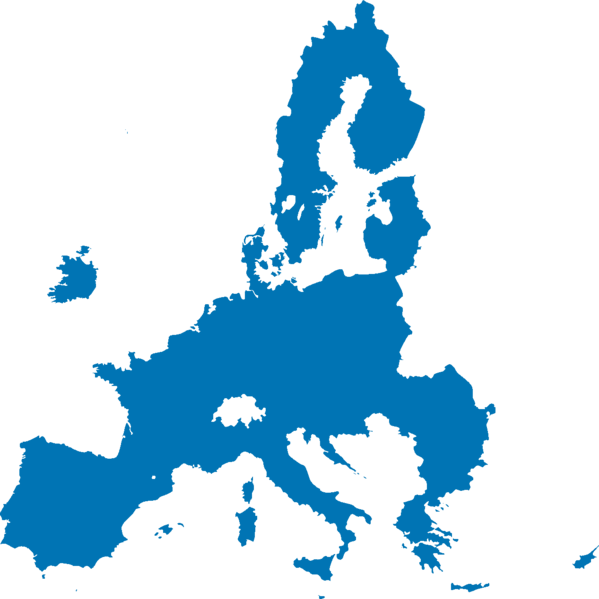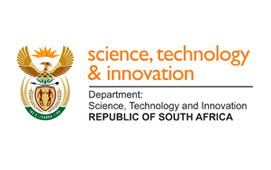Overview
Enhancing science, technology and innovation is one of the key priorities of the European Commission. It is central to creating investment opportunities and increasing competitiveness and employment across the EU. The European Union is therefore increasing its financial commitment to research and innovation funding through the Horizon 2020 programme and the European Structural and Investment Funds. Europe is a global leader in science, but to face global challenges in areas like energy, health, food and water, Europe needs to develop and enable partnerships between regions and countries around the world. At the same time, the advent of digital technologies is also making science and innovation more open, collaborative, and global. In order to take advantage of these opportunities, EU science, technology and innovation policy is guided by three goals: Open Innovation, Open Science and Open to the World. Open Innovation means opening up innovation process to all active players so that knowledge can circulate more freely and be transformed into products and services that create new markets, fostering a stronger culture of entrepreneurship. Open Science represents a new approach to the scientific process based on cooperative work and new ways of diffusing knowledge by using digital technologies and new collaborative tools. The idea captures a systemic change to the way science and research have been carried out for the last fifty years: shifting from the standard practices of publishing research results in scientific publications towards sharing and using all available knowledge at an earlier stage in the research process. Being ‘Open to the World’ means striving to ensure that EU research and innovation can work at a global level to enable access the latest knowledge and the best talent worldwide, tackle global societal challenges more effectively, create business opportunities in new and emerging markets, and use science diplomacy as an influential instrument of external policy.


